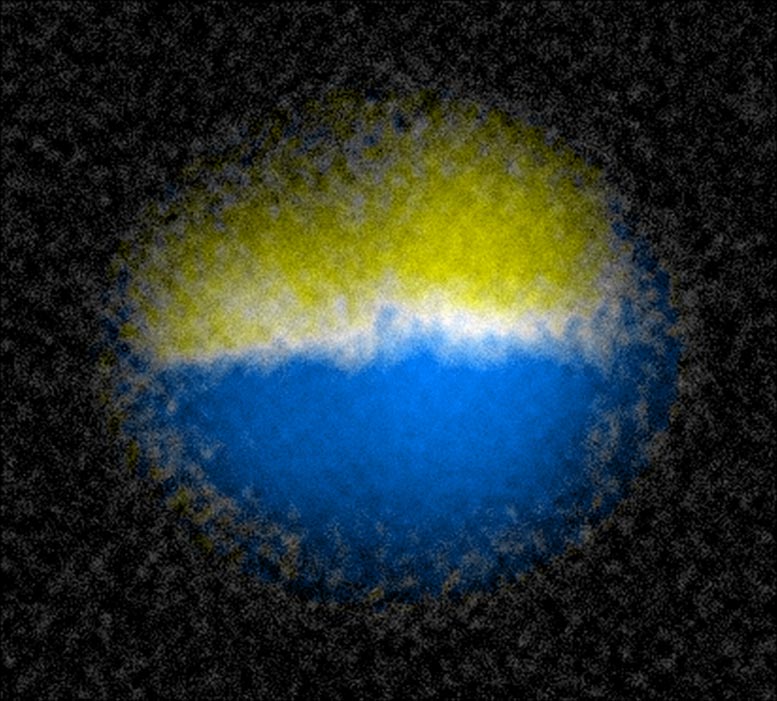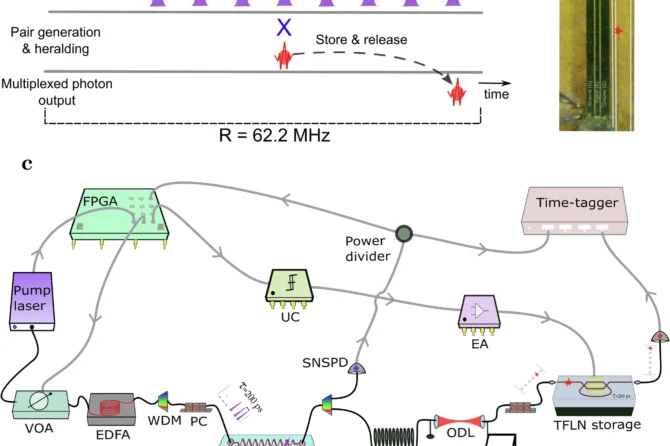Cambridge Quantum Computing (CQC) today announced an important breakthrough in quantum chemistry that will enhance and accelerate the commercialisation of quantum computing in an essential area of human endeavor: the search for new materials in sectors such as energy and pharmaceuticals.
Whilst quantum algorithms, such as the well-known Variational Quantum Eigensolver (VQE), are particularly adept at running on current quantum devices, VQE has, until now, been limited to simulating electrons in their lowest energy state, which is not useful for example, for modeling sunlight hitting a solar panel to excite an electron and generate electricity. To simulate such so-called “excited” states, one had to run a VQE calculation for the lowest energy state followed by other algorithms designed for excited states, which consumes valuable computational resources.
In a recent article “Calculation of excited states via symmetry constraints in the Variational Quantum Eigensolver”, the company has, for the first time, exhibited how it is possible to adapt the VQE algorithm to directly calculate excited states in particular molecules, bypassing the need to first calculate the lowest energy state.
Read more.




